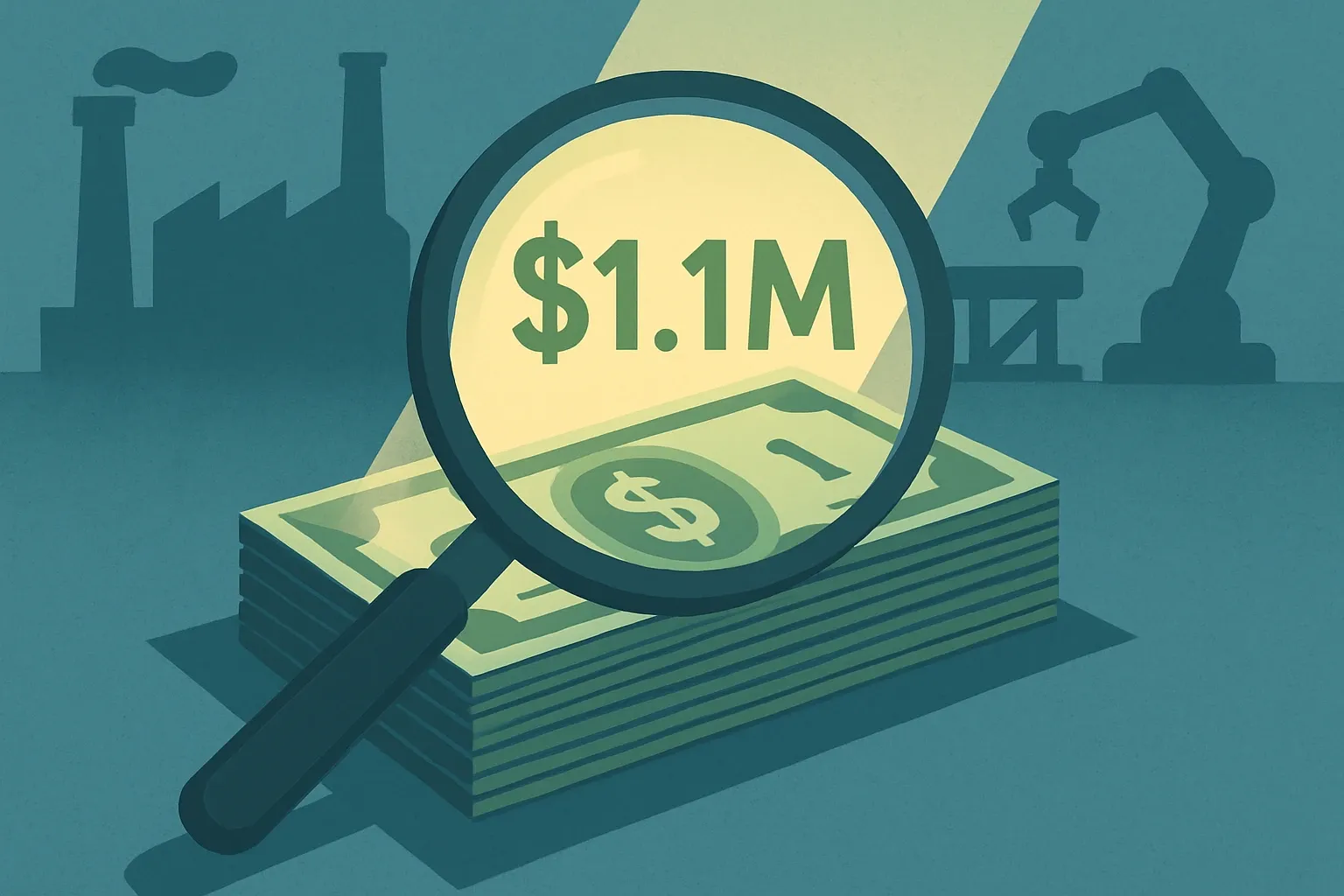WA SB 5810: Budget Fuel for “Buy Clean” Reporting
Washington’s new operating budget quietly earmarks cash to turn the state’s “Buy Clean & Buy Fair” act from good intentions into hard procurement rules. If your concrete, steel, or cladding still lacks an Environmental Product Declaration (EPD), the clock just started ticking.


What SB 5810 actually does for manufacturers
Senate Bill 5810 is the 2025-2027 operating budget, but buried in Section 25 is $1.112 million from the Climate Commitment account to implement Second Engrossed Substitute House Bill 1282, the state’s Buy Clean & Buy Fair law (WA SB 5810, 2025). The money funds a public database, a technical work group, and the first round of legislative reports. Translation: agencies finally get the tools (and the marching orders) to demand product-specific EPDs on large state-funded building projects.
The $1.1 million database line item
Commerce must stand up an online portal where contractors upload Environmental Product Declarations, Health Product Declarations, and labor-condition data for every covered material shipment. Expect the interface to mimic EC3’s filter-and-compare style, but with the legal teeth of procurement behind it. The portal goes live in early 2026; pilot uploads start as soon as Q2 2025, according to draft work-plan minutes (Commerce Memo, 2025).
Which materials land on the hook first
The statute lists concrete mixes, structural steel, rebar, flat glass, mineral wool insulation, and asphalt. More categories can be added by rule, and the work group is already eyeballing aluminum curtain wall and engineered wood panels (Work Group Draft, 2025). If you supply any of these, an EPD moves from nice-to-have to bid prerequisite.
Navigating new environmental regulations in construction?
Follow us on LinkedIn for updates that help you stay compliant and competitive in your tenders.
Timeline: dates you cannot ignore
- January 1 2025 – Funds are available, database build begins.
- September 1 2025 – Commerce delivers the first low-carbon materials plan to the Legislature (1282-Sec.6).
- March 2026 – Mandatory reporting on pilot capital projects.
- July 2026 – All new state-funded building contracts over $1 million must submit EPDs at bid stage. Miss one of these and your product may be sidelined for an entire biennium. There is many ways to lose market share, this one is preventable.
Money behind the mandate
The $1.112 million is small next to the $5 million earmarked to help public owners chase federal climate grants (§21) and the $4.5 million set aside for grant-writing assistance (§23). Yet those larger pots depend on the same Climate Commitment auctions that survived a repeal attempt in 2024 when Initiative 2117 failed by 62 percent (WA Election Results, 2024). Budget stability means the Buy Clean database will not stall halfway.
How to turn compliance into bids won
An EPD takes life-cycle data from sourcing, production, and transport, runs it through a product category rule, and gets third-party verified. Typical lead time in the Northwest runs six to ten months; choose a partner that collects plant data for your team and publishes with any major program operator. Speed matters because every week of delay cuts into the first project cycle in 2026.
Wrap up: a small line item, a big market shift
SB 5810 may read like budget boilerplate, but its Buy Clean funding flips the Washington specification game. The state just put dollars behind data. Manufacturers who show up with clear, third-party-verified EPDs will slide to the front of the bid stack while laggards scramble. Your move.
Frequently Asked Questions
Does SB 5810 make EPDs legally mandatory for my product?
Indirectly, yes. Agencies must collect EPDs for listed materials on state projects over $1 million starting July 2026, so suppliers without one risk being deemed non-responsive.
Who pays for the EPD—manufacturer or contractor?
Nothing in SB 5810 allocates funds to cover manufacturer costs, so the market assumes producers absorb or pass on the expense.
Will the new database accept industry-average EPDs?
Draft guidance says only product-specific Type III EPDs meet the requirement, not industry averages (Commerce Memo, 2025).
What if my PCR expires during the biennium?
EPDs based on an expired PCR remain valid until renewal, but the update must use the latest PCR edition.
